The Progress Singapore Party (PSP) announced its first batch of six candidates this on June 18 morning via a Zoom press conference.
PSP Secretary General Tan Cheng Bock, 80, who introduced the candidates, said they come from all walks of life and that they have "come forward to join our mission to build a better future for Singapore".
Tan, a former People's Action Party (PAP) Member of Parliament for Ayer Rajah, said the PSP and its candidates are here for the country and for the people.
Here are five observations from the first PSP candidates introduction press conference:
Type of online press conference: Live, via Zoom
How long: Zoom Pro account - Slightly more than 2 Hours
Press Conference Participants: Tan Cheng Bock + six new candidates + one moderator + media
1. PSP organises its party like online press conference -- smooth
PSP opened with a party song with a nationalistic vibe to it.
Its lyrics went:
"Progress Singapore, this is our party
Progress Singapore, or simply PSP
Progress Singapore, it’s for you and me
For country, for people, join PSP"
While the PSP online press conference was not the first press conference held by an opposition party to introduce its candidates, it was the more smooth-sailing one.
On June 15, the Reform Party (RP) became the first opposition party to unveil its candidates online.
It was a bizarre technical-difficulties-ridden livestream on Facebook that began one and a half hours late, where the candidates were unveiled under a World of Warcraft game stream.
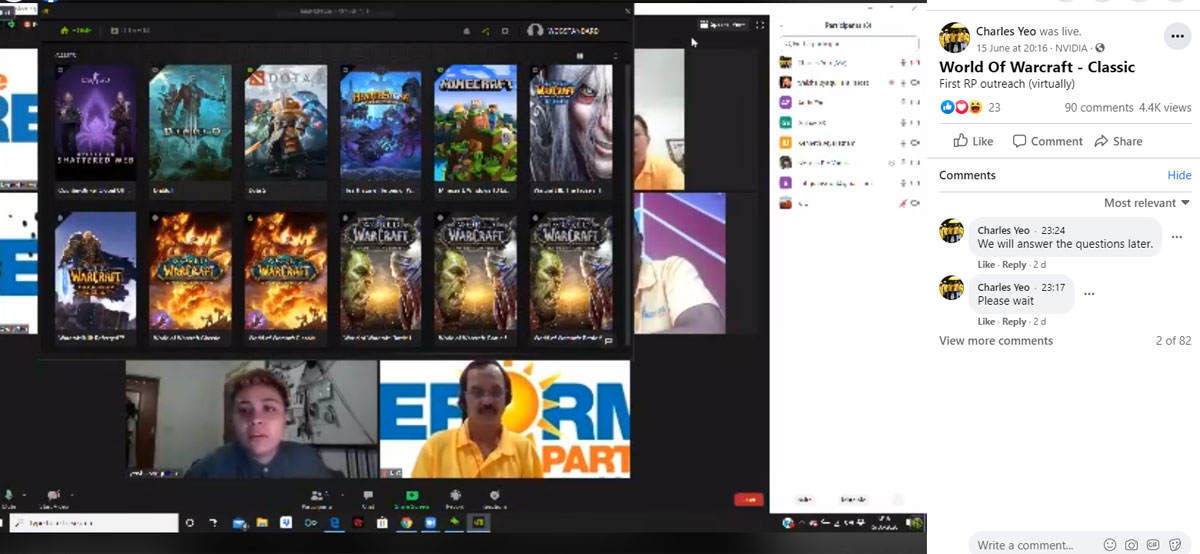
Compared to RP, the PSP press conference was relatively glitch-free (beyond Tan's "Can you show me your face?" or the candidates' "Can you hear me?"), with Singaporean actor and comedian Craig Teo ably managing and moderating the proceedings.
As it was PSP's first candidate introduction press conference, there were many questions posed to Tan and the six candidates.
The one-hour press conference overran by slightly more than an hour.
In fact, a few mainstream media, including The Straits Times, Lianhe Zaobao, Today, did not get the opportunity to pose their questions.

2. The average age of the first six candidates is 53.
Six candidates were introduced by Tan.
They were:
- Francis Yuen, 70, an SAF scholar, who who has held senior roles in MNCs, including being the CEO of industrial conglomerate Hong Leong Asia. He was appointed to PSP’s CEC earlier this year.
- Hazel Poa, 50, Vice Chairman of PSP’s CEC, a PSC scholar who currently runs an education business she founded, and former secretary-general of the National Solidarity Party.
- Muhammad Taufik Bin Supan, 40, an IT professional.
- Bradley Bowyer, 53, who has a background in media, and was previously involved in politics as a member of two other parties, PAP and PVP.
- Sri Nallakaruppan, 56, an investment Specialist in capital markets. He has a role in the party’s CEC as treasurer.
- Gigene Wong, 54, who has held senior roles in China MNCs over the years.
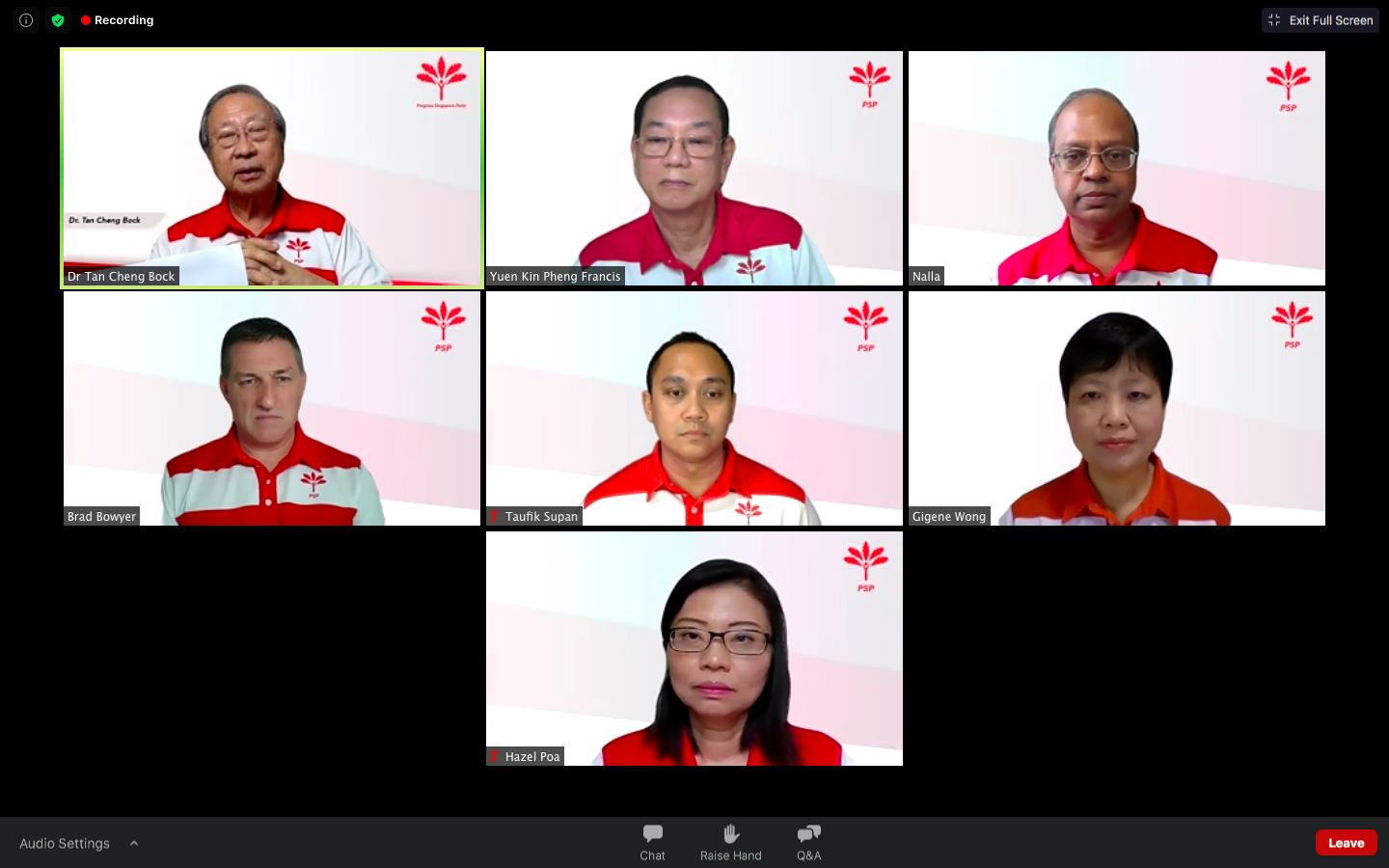 PSP candidates introduced on June 18.
PSP candidates introduced on June 18.
As PSP's Sec-Gen is 80 years old this year, there is a perception that the PSP is an "old men" party.
However, the first six candidates being introduced are not as old as their Sec-Gen and are generally middle-aged.
Muhammad Taufik is the youngest at 40 years old, while Yuen is the oldest at 70 years old.
The rest of the four candidates are in their 50s.
But if one were to compare the average age of its first batch of its candidates with its main opposition rival Workers' Party (WP), the PSP candidates are older.
Compared to the WP leadership team, the average age of its CEC members is in their late 40s.
Many of WP's 2015 candidates are in their 30s and 40s.
3. Yuen and Wong seen as potential star candidates for PSP.
Francis Yuen and Gigene Wong stood out in terms of their leadership roles and work experiences.
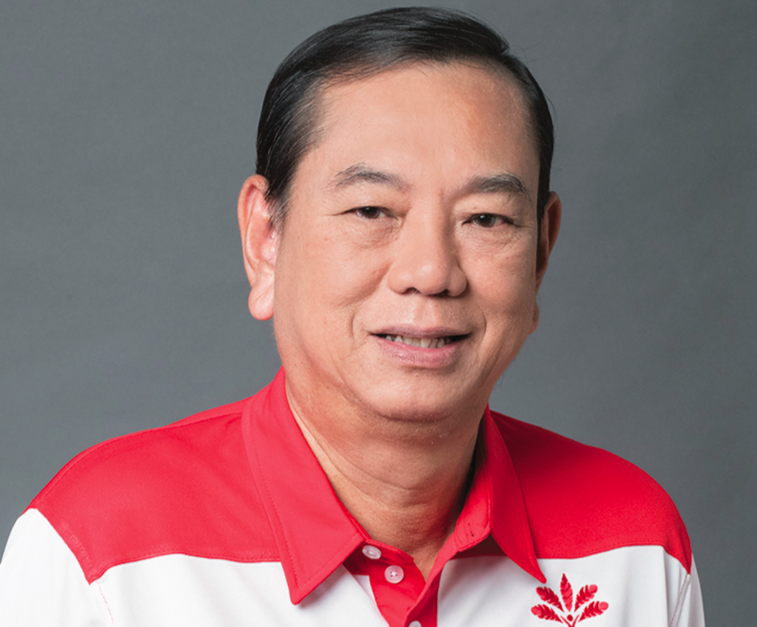
Yuen graduated from the National University of Singapore (NUS) with a BBA (1st class honours) and an MBA. He was a SAF scholarship holder and attended the Advanced Management Program at Wharton School.
Yuen left SAF as a Lieutenant-Colonel, and has gone on to work in leadership roles in ST Aerospace and global companies, such as Honeywell and Ingersoll Rand. He was also a former chief executive of Hong Leong Asia.
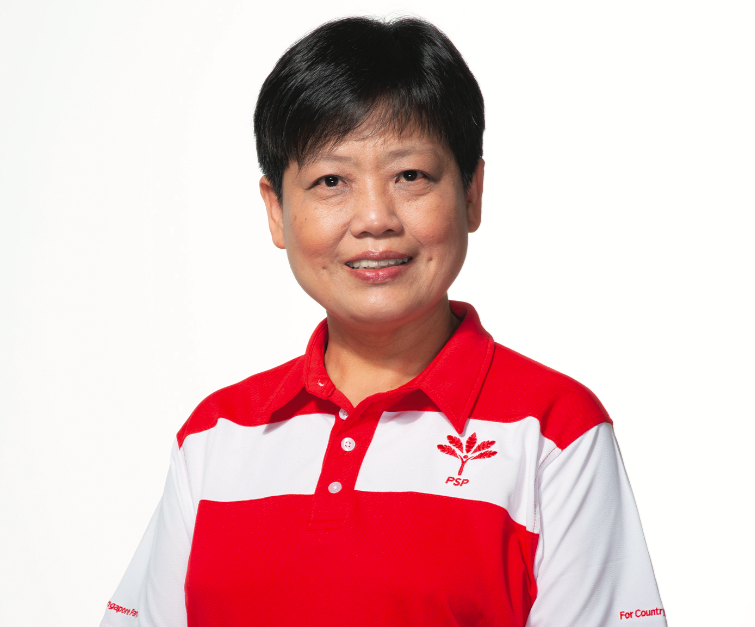
Wong has held senior roles in China MNCs over the years, including a role as the CFO of Foshan Electrical & Lighting Co., Ltd, a company listed in Shenzhen, China.
She was also formerly the CEO of Gulf Oil China located in Shendong province.
In fact, they were the first two candidates featured in PSP's media kit.
Yuen was also the first candidate to be introduced by Tan.
4. The spotlight was on Hazel Poa as she grew emotional
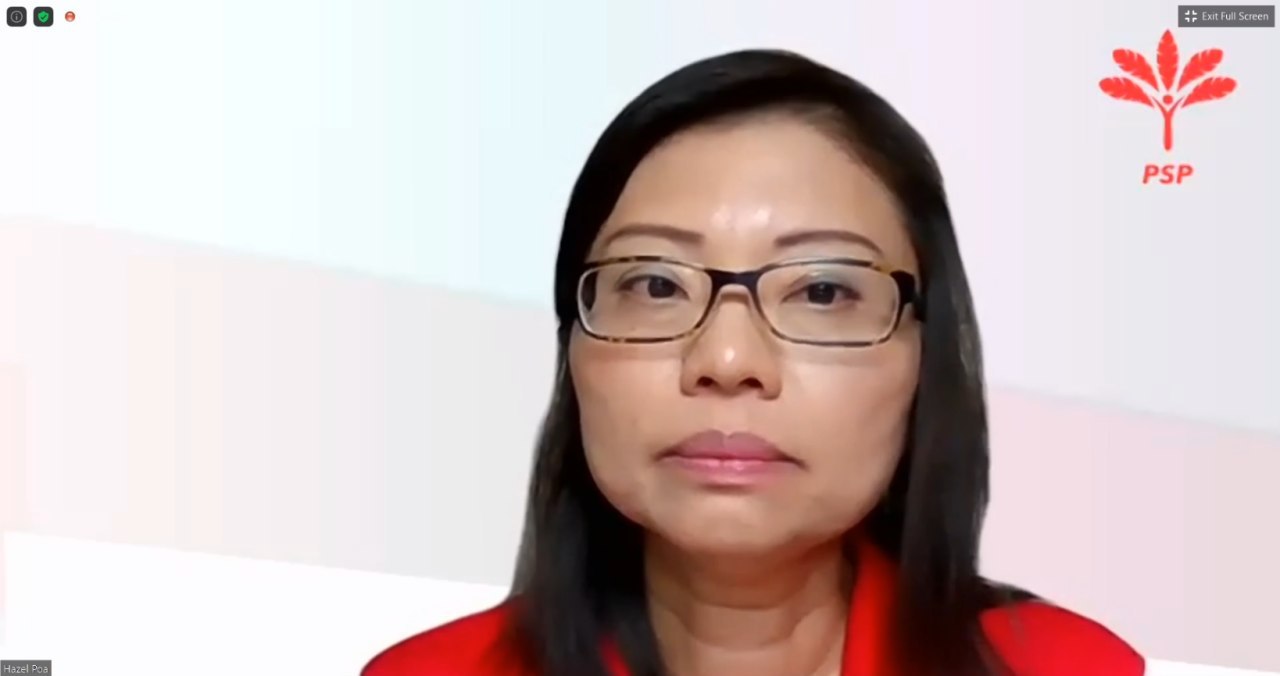
Poa, who contested in GE 2011 as an NSP candidate, said that she joined politics previously because she felt that a one-party system was not sustainable over the longer term.
She was also asked about the difference between PSP and the other opposition parties she joined.

Poa replied in Mandarin, grew emotional and almost teared:
"The path we chose (to enter opposition politics) is not an easy one to take. It is easy to give up.
But this time, I feel fortunate because I've joined a political party that shares the same values that I believe.
The big difference this time is determination. This time, I will not give up. This time, I will definitely not let anyone or anything that disrupt me from the choice I have made".
Although Poa did not refer to any specific incident, she left the National Solidarity Party (NSP) in an abrupt fashion.
She left NSP close to the 2015 GE and did not contest.
She revealed that she resigned from NSP because of her disagreement over the decision to contest in MacPherson SMC in a three-cornered fight against WP and the People’s Action Party (PAP).
5. Although Tan Cheng Bock took a back seat, he provided the most politically charged soundbite.
It was not Tan's show.
Although he began the press conference and introduced the six candidates, he ceded most of the airtime to the rest of them.
Many of the questions by the media were also addressed by his six teammates.
But Tan could be counted on to deliver the most politically charged soundbite:
"And you must remember... Singapore's election is compulsory... So being compulsory, all of us have to vote.
And should there be big clusters formed after this General Election, You (the People's Action Party) could have won the battle, but you would have lost the war.
So if there is really a big spread (of Covid 19 cases) after this general election, that's the price the government has to pay. That's my take. So you (the government) have to be very careful (when they decide when to call for the election)."
This is not the first time Tan mentioned that the government may be potentially putting the public's health at risk if they choose to call for an early GE.
On March 14, Tan had called on the government to hold the next GE after the Covid-19 outbreak is over.
In a video two weeks later, Tan said that "Singapore deserves to be given the fighting chance to wait out this season without having to worry about a potentially hazardous early GE".
But this is the first time that Tan is laying the responsibility solely on the government if the Covid-19 pandemic worsens in Singapore during the GE period.
Read more about Mothership's exclusive with PSP's new candidate here:
The Mothership WFH Press Conference is a series to watch politics unfold from the comforts of one's home.
If you like what you read, follow us on Facebook, Instagram, Twitter and Telegram to get the latest updates.